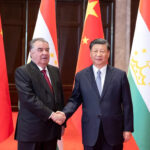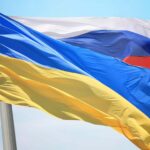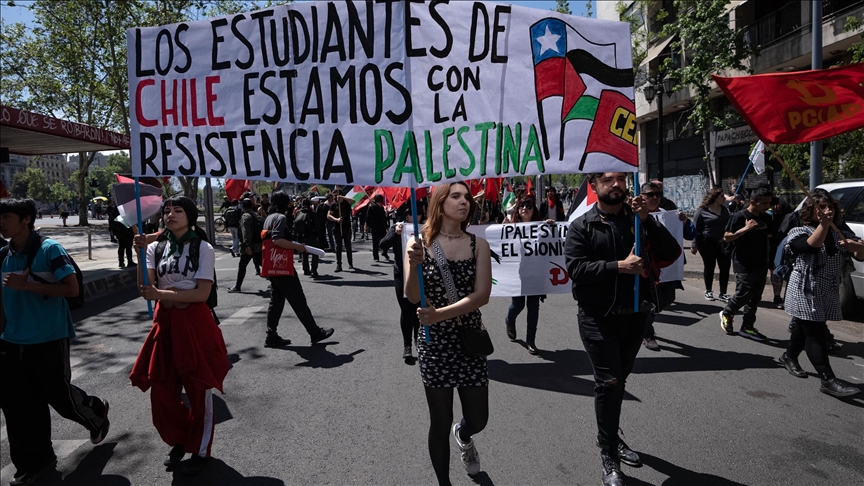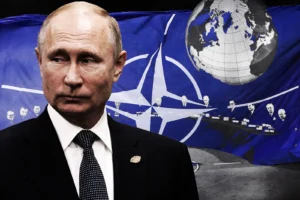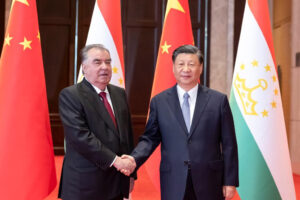Leaders in Latin America have had a divided response to the latest bout of the Israel-Palestine conflict.
While some have come out and criticized the attacks on Israel by the Palestinian group Hamas, others have expressed solidarity with Palestinians and condemned the retaliatory assault by Israeli forces on Gaza, where almost 3,500 people have now been killed.
Colombia
The Israel-Palestine conflict has sparked intense diplomatic tensions between Colombia and Israel, with President Gustavo Petro refusing to condemn Hamas attacks and comparing Israel’s actions to those of Adolf Hitler’s Nazis.
Israel has accused Petro of making “anti-Semitic statements” and said it will halt exports of security equipment to Colombia. Petro, in response, has threatened to suspend diplomatic relations with Israel.
On Monday, Colombia’s Foreign Minister Alvaro Leyva lashed out on social media over the “rudeness” of Israel’s response and demanded that Israel’s ambassador leave the country.
However, just a few hours later, he clarified that Colombia was not formally expelling the Israeli envoy.
Brazil
After Hamas’ attack on Oct. 7, Brazilian President Lula da Silva rejected all acts of violence and condemned terrorism, but did not explicitly name Hamas.
Daniel Zonshine, the Israeli ambassador to Brazil, said he expected a stronger stance from the Brazilian government and condemnation of Hamas as a terror group.
Lula went on to call for urgent international action to protect both Palestinian and Israeli civilians, particularly children.
“Hamas needs to free the Israeli children who were kidnapped from their families. Israel needs to stop its bombing so Palestinian children and their mothers can leave the Gaza Strip via the Egyptian border,” he said.
“There needs to be a minimum of humanity in the insanity of war.”
As the current rotating president of the UN Security Council, Brazil called for an urgent meeting to discuss the ongoing conflict.
However, there were divisions among the council members on policies related to Israel and the Palestinians.
Brazil proposed a resolution calling for “humanitarian pauses” in the ongoing conflict, and condemned both Hamas and all violence and terrorist acts against civilians.
Chile
The Chilean government has condemned the attacks by Hamas and Israel, as well as Israel’s bombardment of Gaza “and the decades-long illegal occupation of Palestinian territory.”
“Our solidarity is and will always be with the victims of violence, without distinction. We grieve for humanity,” President Gabriel Boric said on Oct. 9.
“We condemn without any nuance the brutal attacks, murders and kidnappings of Hamas. Nothing can justify them or relativize their most energetic rejection. We also condemn the indiscriminate attacks against civilians carried out by the Israeli army in Gaza and the illegal occupation of Palestinian territory for decades in violation of international law.”
Chile has the largest Palestinian community outside the Middle East.
According to the Palestinian Federation of Chile, there are more than 500,000 Palestinians living in the Latin American nation.
Argentina
Argentina is the country with the largest Jewish community of about 200,000 in Latin America.
Both President Alberto Fernandez and the main figures looking to succeed him have condemned the attack by Hamas.
The government “expressed its solidarity with the Israeli people and extended its deepest condolences to the victim’s families,” the Foreign Ministry said in a press release.
Argentinian authorities have confirmed that seven of their nationals were killed and 22 remain missing. The government has said that it is seeking to negotiate with Hamas to free the Argentinian hostages.
The Foreign Ministry has also condemned Israel’s operations in Gaza, but the memory of some of the deadliest terrorist attacks in Argentina’s history remains alive.
In 1992, the Israeli Embassy suffered an attack that killed 22 people and left over 200 wounded, and two years later, a car bomb destroyed the main building of the AMIA, a Jewish community center, leaving 85 dead and 300 wounded.
In the wake of the current escalation, President Fernandez has ordered that security for Jewish institutions in the country should be strengthened.
El Salvador
El Salvador’s President Nayib Bukele has strongly condemned the Hamas attack and expressed unwavering support for Israel.
“As a Salvadoran with Palestinian ancestry, I’m sure the best thing that could happen to the Palestinian people is for Hamas to completely disappear,” he said.
“Those savage beasts do not represent the Palestinians. Anyone who supports the Palestinian cause would make a great mistake siding with those criminals.”
Bukele compared Hamas to Salvadoran gangs, on whom his government has declared war, with over 72,000 people accused of having gang affiliations arrested in the country.
Mexico
Mexican President Andres Manuel Lopez Obrador was one of the last leaders to speak out on the war.
The Mexican Foreign Ministry regretted the Hamas attack, but Lopez Obrador exalted Mexican “neutrality.”
On Tuesday, the president said his government is seeking contact “with all governments and organizations” to secure the release of two Mexicans held hostage by Hamas.
Venezuela
Venezuelan President Nicolas Maduro demanded that the Israeli government “put an immediate and complete end to all settlement and occupation activities in the Palestinian territory,” stressing that this would be “the only way to peace.”
He claimed that Jesus Christ was a “Palestinian child, unjustly condemned by the Spanish empire.”
Maduro declared his government’s absolute support for the Palestinian cause, its independence and the Palestinian nation’s self-determination.
Venezuela’s statement did not mention Hamas or the attack on Israel.
Source : aa



